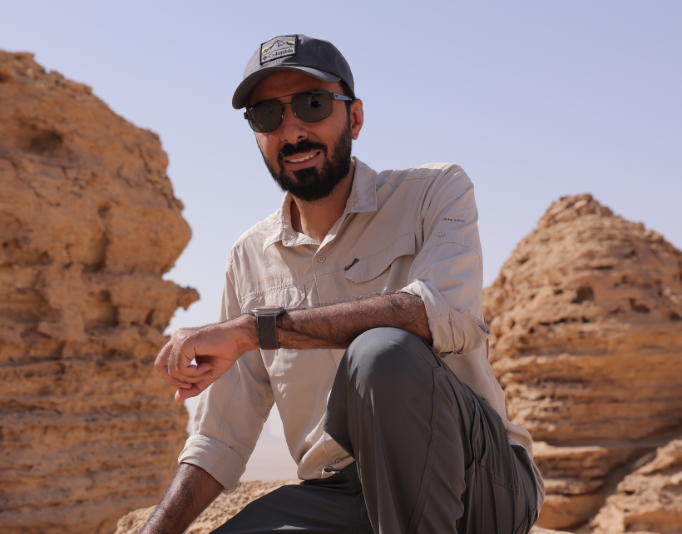Okay, so you’ve just arrived after spending a lot of time getting your certificates attested, getting a medical clearance and finalizing your job offer. It’s most likely your first time to Saudi Arabia so be prepared for some surprises.
No matter how well prepared you are, there are bound to be some obstacles in your way. To make your transition to the Kingdom easier, we have prepared a list of things you can do to let the dust settle in quicker.
1. Begin the procedure for obtaining your Iqama (Resident Permit).
You’ll first have to get a medical test done at a government approved hospital or polyclinic. Your test results will be available a day or two later and will be uploaded directly to the Ministry of Interior database.
Skilled professionals have different governmental bodies that are mandatory for them to register with. For example, an engineer has to register with the Saudi Council of Engineers. So find out with your HR if you have to register with a governmental body prior to obtaining your Iqama.
Also, do request your employer to begin processing your health insurance plan as this is mandatory for the issuance of the Iqama.
2. Start your apartment search.
Trust us on this, it is not that easy. You can check online classifieds or ask around. You can also use the time-tested method of checking for apartments that don’t have ACs installed as they are a sign of an empty apartment. But getting one that perfectly fits your requirements is a tough ask. So start early as this step may take time.
3. Get a local SIM card (preferably with a mobile data package).
There are multiple mobile network operators in the country, the most popular of which are STC, Mobily and Zain. It is recommended to buy a SIM card from their official outlets. Some local vendors do sell prepaid SIM cards, but these will either stop functioning in a few days or users will have trouble in recharging them as the telecom body CITC has installed many checks to keep such SIM cards out of the market.
4. Read and reread the contract.
Chances are that your company will make you sign a contract in your first week after starting work. You probably have signed a letter of agreement prior to coming to the country. Get the contract translated if it is in Arabic. Make sure that you are fully satisfied by the terms and are aware of the various clauses mentioned in the contract.
5. Get a driving license.
Not exactly a first-week thing, but we’ve included it in this list as it is very important in Saudi Arabia. Public transportation though improving is still limited outside the main cities.
6. Learn all you can about Saudi Arabian culture and the Arabic language (if you don’t know it already).
Your perception of Saudi Arabia is bound to change, most expats can testify to that. It may take some time to adjust initially as it may be vastly different from your home country, but it is the kind of place that slowly grows on you once you start understanding and appreciating its culture. Arabic is equally, if not more important, as outside the metropolitan cities and even inside them at times speaking Arabic is a must.
7. Join your local community.
You can check with your consulate for upcoming programs or connect to your community members on Facebook pages. This will be a good opportunity to make friends and ease your transition to the country.
8. Start exploring.
Saudi Arabia is a land of immense beauty, there is so much to explore, experience and unearth. History, culture, beaches, deserts, mountains and spirituality, Saudi Arabia comes full circle. No matter which city you have moved to, there are many things to see/do in it.










